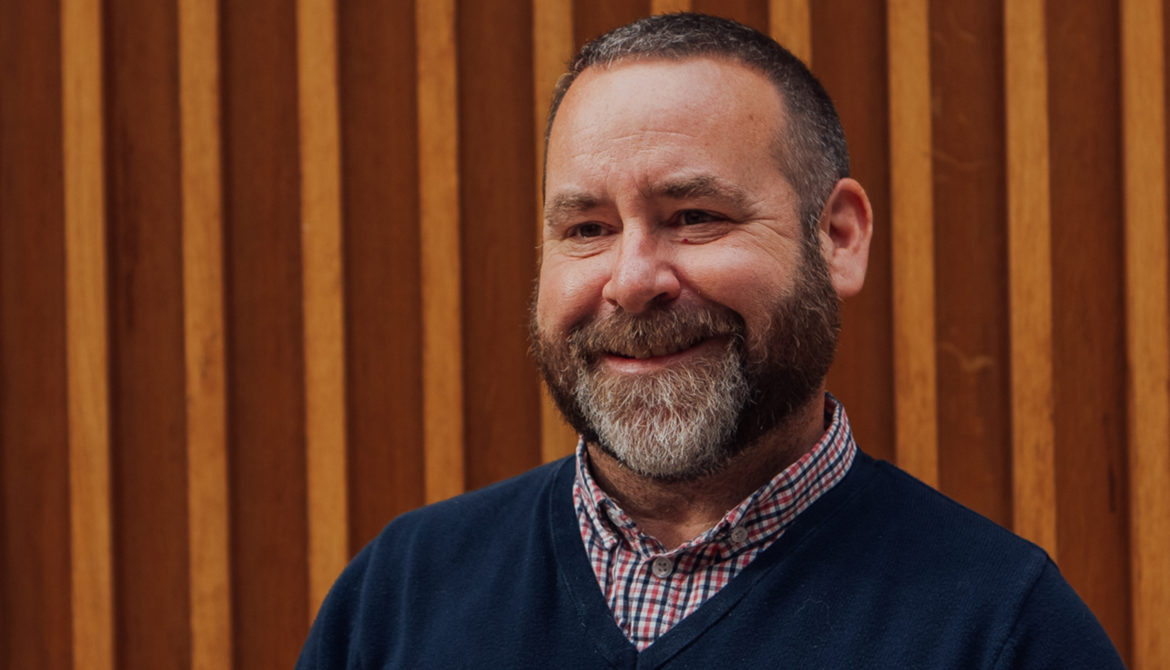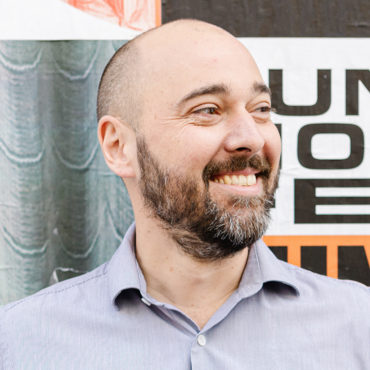
Views • 15/03/2021 • 4 minutes read
MAPP brings onboard a specialist Doctor to evolve science and business parks operations
MAPP’s new Head of Science and Park Operations measures success in happiness, believes flexibility is fundamental and community is key. Dr. Kevin Thurlow-Criss sits down with Tom Peasgood, the Head of the Parks Department, to talk about their aspirations for MAPP’s portfolio.
For a lifetime karate enthusiast – holding the rank of 7th Dan no less – it really shouldn’t be surprising that Dr. Kevin Thurlow-Criss has a healthy obsession with flexibility. It’s a concept that MAPP’s new Head of Science and Park Operations is keen to promote and one he returns to repeatedly when it comes to talking about how clients can optimise their business and science park portfolios. Because so often, he’s come to realise, it’s overlooked.
Clearly, adaptability has been a long-term guiding influence for this self-styled “poacher turned gamekeeper”. After a number of years working in the medical and scientific research field for the Medical Research Council, he swapped his lab coat for a role in operations. Partly to achieve a better work-life balance, he reveals, partly driven by an affinity for processes and an innate desire that workplaces should function as smoothly as possible.
“I got in touch with how buildings are run,” Kevin says. “More on the health and safety side. More on the ergonomics side. The people interaction. I’m quite a sponge for knowledge and that breadth of excitement is what attracted me.”
Managing, retrofitting and designing science laboratories followed, before Kevin embraced wider responsibility for operations and facilities management. Most recently, he’s been working within academia, including University College London and the Imperial College School of Medicine, where his work garnered an Outstanding Achievement Award.

According to Tom Peasgood, the head of the MAPP Science and Business Parks Team, such varied experience gives Kevin a rare and valuable perspective, which makes him eminently qualified for his new role.
“We’re often asked to help with lab designs, lab maintenance, lab expansions, lab fit outs and unless you’ve lived and breathed it, it’s quite difficult to understand what’s needed,” according to Tom. “I think Kevin brings a unique skillset of facilities, out of academia. He’s used to providing higher service levels in a very specialised environment, which helps us ensure that standards are always at the right level.”
This intimate understanding of the shifting needs within life sciences allows Kevin to fully interrogate and properly challenge client requirements.
“One of my primary aims is to make sure that the client knows what they want,” he says. “Because sometimes client briefs can be very vague: ‘build me a laboratory!’ So, who are you going to attract? What industry? What are the links? Do you want it to be research based? Production based? It’s making sure that the client brief is on track. It’s to work with the clients to achieve exactly what they want, but offer solutions and try and future proof what they’re doing so they don’t have to another refurb five years down the line.”
Clearly there’s plenty to keep the MAPP team busy. So, as he settles into his new role, how will Kevin be keeping track of the progress he’s making?
“I measure success in the happiness of the people it affects really,” Kevin reveals, sporting a smile of his own. “Obviously, there’s operational criteria that I have, in terms of certain timescales and certain budget requirements to meet. But for me the measurement of success is the clients and the occupants of the park, one, being really happy with the service that’s being provided. You know, no complaints or minimal complaints, but also I want all the operational services to be invisible. Everything should be seamless and in the background, that’s how I measure success. Minimal complaints, happiness on the parks, and services being absolutely invisible. They happen when they need to happen, and no one needs to chase.”
“You know, you spend most of your life at work,’ he continues. “So your work environment should be somewhere that’s comfortable and is a pleasure for you to be at. You should almost want to come to work, for the camaraderie and what goes on with your colleagues,” he says with a short chuckle, before getting more serious.